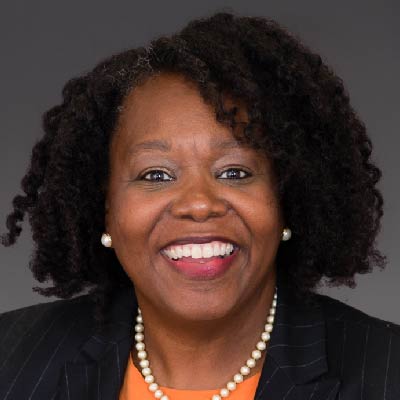
Every year when October rolls around, I join the legions of Americans celebrating National Disability Employment Awareness Month. Led by the U.S. Department of Labor’s Office of Disability Employment Policy, NDEAM is a time to educate about disability employment issues and celebrate the diverse contributions of America’s workers with disabilities. I'm a big fan of NDEAM because it honors the skills and talents of millions of Americans with disabilities — including many of my own constituents in Georgia's 60th district. But for me, it's not just a matter of my public role. It's also deeply personal.
As a person with lupus, a chronic health condition that affects my immune system and, periodically, my daily living activities, I am one of millions of Americans with disabilities who are protected by the Americans with Disabilities Act. The thing about lupus is that it’s a so-called “hidden disability.” If you were to look at me, you likely would not know that I have it, the same way we cannot see many other disabilities and health conditions. But my lupus certainly is there, and my journey with the disease has not always been easy.
I’ll never forget the time, early in my career, when my co-workers complained that I “did not look sick enough” to deserve to park my car in an accessible parking space, and how my HR director interrogated me about it publicly. I also had family members who encouraged me to keep my disability secret so that I would not face workplace stigma or stereotypes. While disclosing a disability is a personal choice, for me, it was important to be transparent. I wanted to talk openly about living and working with lupus and ask for the workplace supports I needed to thrive at work, such as a hybrid work schedule. Most of all, I wanted to connect with others in the lupus community and talk about our lived experiences so that we could educate others.
These experiences helped shape the person I am today — the sum of many unique parts and a proud advocate for those from historically marginalized communities, including people with disabilities. In fact, I’ve been working to advance inclusive employment initiatives in my work as a state legislator and increase recognition that flexibility is key to increasing workforce inclusion. This is especially important when considering the challenges brought on by the COVID-19 pandemic such as mental health conditions and the lingering effects of long COVID — many of which are also invisible.
While there is so much more we can do to combat stigma and break down barriers to disability inclusion, the month of October reminds me of the significant progress we have made in advancing the rights of people with disabilities in the workplace and America’s communities. Whether our disabilities are visible or not, disability rights are civil rights, and we all play a role in upholding and advancing them, every month of the year.
Kim Joy Schofield is a member of the Georgia House of Representatives, representing the 60th district since 2017.

 U.S. Department of Labor Blog
U.S. Department of Labor Blog